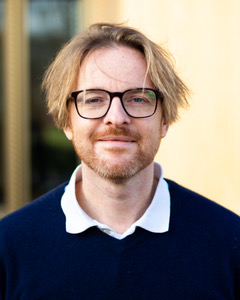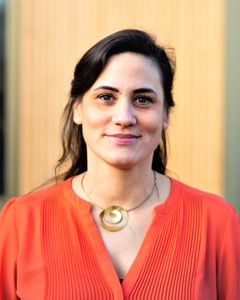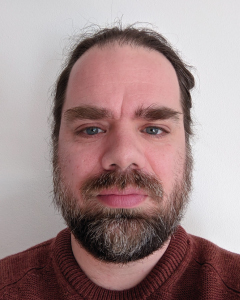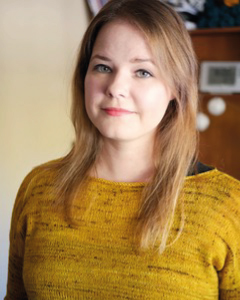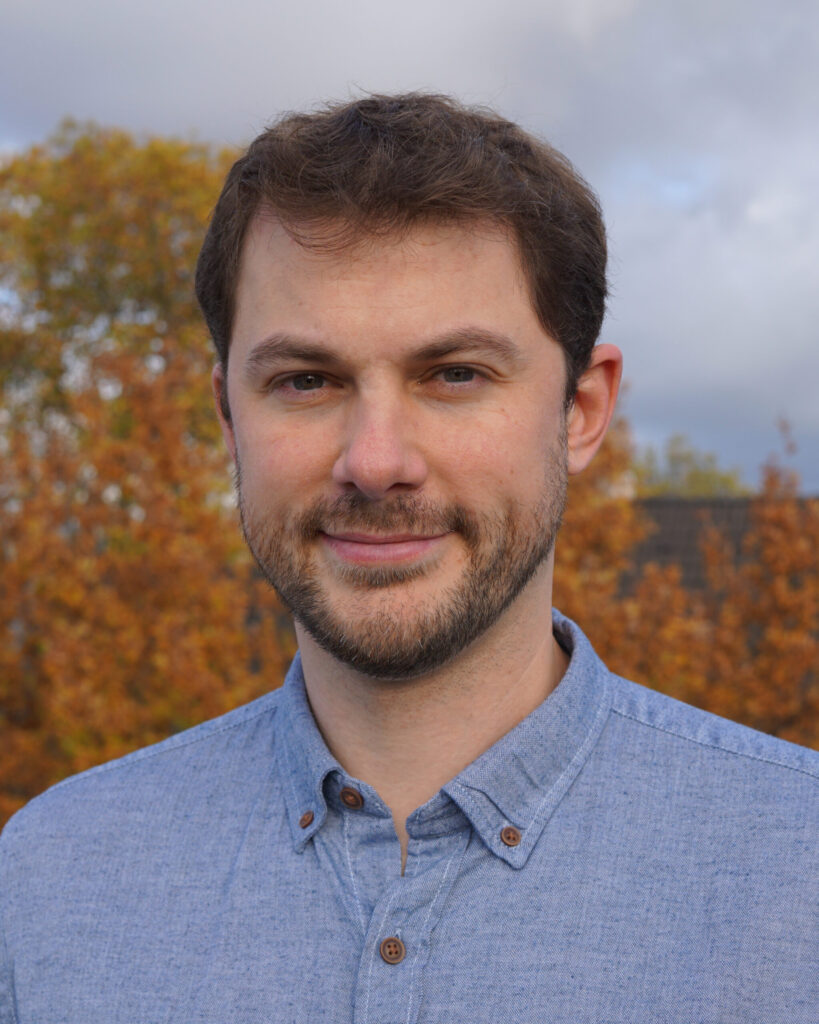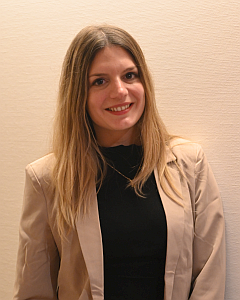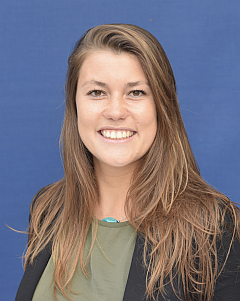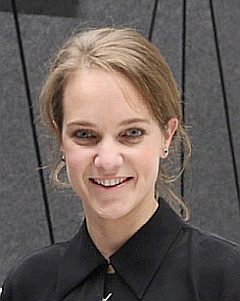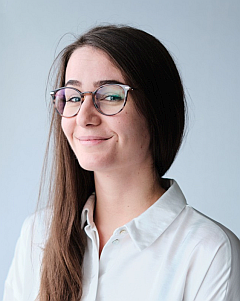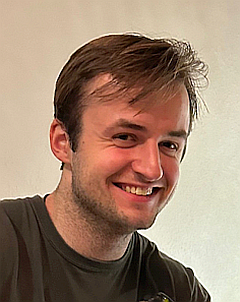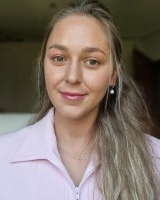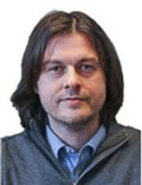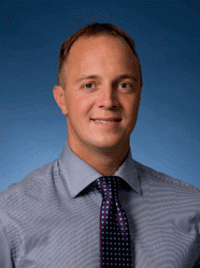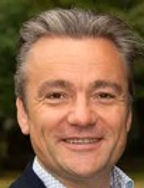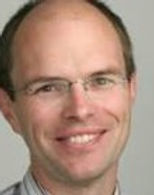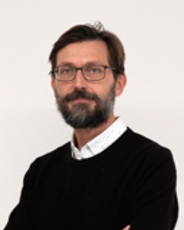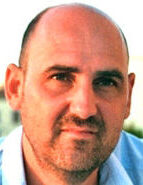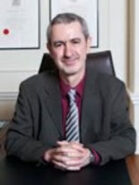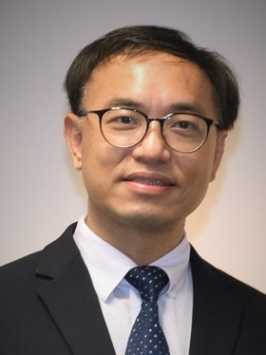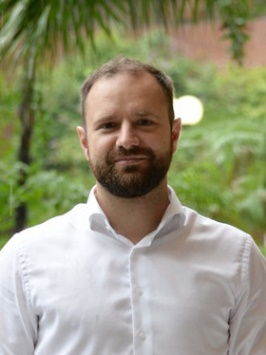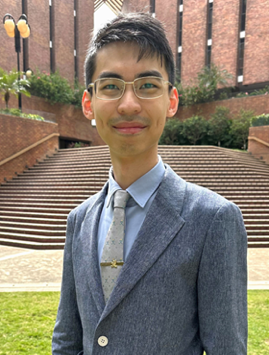We are the Academy of Brain Stimulation, an international platform for professional education, certification, and clinical innovation in brain stimulation therapies.
The Academy of Brain Stimulation is a leading international institution providing high-quality, evidence-based training and certification in transcranial magnetic stimulation (TMS) and related neuromodulation techniques. Our programs are developed and delivered by a faculty of world-renowned experts, ensuring participants receive the most up-to-date, scientifically grounded, and clinically relevant education available. Through accredited courses and intensive hands-on training, we ensure clinicians are equipped to deliver safe, effective, and up-to-date TMS treatments.
Our mission is to bridge the gap between scientific research and clinical practice in the field of noninvasive brain stimulation, empowering professionals to translate scientific knowledge into improved patient care.
The Academy is comprised of international renowned experts and key opinion leaders in Transcranial Brain Stimulation. We welcome researchers and academics, public and private health care providers, clinicians and practitioners, technicians and representatives from the industry to join the Academy as full members, allowing all stakeholders to be part of an international network of Brain Stimulation Professionals.
We are proud to fund and support the Academy of Brain Stimulation Foundation, an independent, non-profit organization dedicated to advancing scientific knowledge and clinical practice in non-invasive brain stimulation (NIBS).
Accreditad TMS Certification
The Academy of Brain Stimulation offers the International Clinical TMS Certification Course, available in two formats:
Both are fully accredited and led by internationally recognized experts.
Our courses and membership program are perfect for: Medical specialists, clinical practitioners, health care professionals, nurse practisioners, psychologists, therapists, researchers, lab assistants, and technicians seeking to:
See our website for upcoming Live TMS Certification Courses at various attractive locations around the world and different times throuout the year.
Don’t want to wait for one of our live courses? No problem. Just sign up today to our On-Demand Online TMS Certification Program and / or become a full member of the Academy of Brain Stimulation, allowing you to study at your own pace from the comfort of your own home or clinic or lab or from anywhere you want – whenever you want.

TMS stands for Transcranial Magnetic Stimulation. TMS hardware includes a generally non-portable stimulation device positioned on a table or trolley, with a port to which different TMS coils can be connected. The TMS coil is placed on the patient’s head and enables transcranial (through the intact skull) painless brain stimulation with few to no side effects. Repetitive TMS, or rTMS, involves the rhythmic delivery of magnetic pulses, often at either 10 Hertz or 1 Hertz, to respectively enhance or suppress the activity of the targeted region with longer lasting effects. These rTMS-triggered neuroplastic changes have shown to translate into clinically beneficial treatment outcomes for patients in psychiatry, neurology, and neurorehabilitation. It has been suggested that rTMS protocols may achieve these clinical treatment effects by engaging specific synaptic plasticity mechanisms, such as long-term potentiation (LTP) and long-term depression (LTD), as well as modulations in functional brain network connectivity. By now, Transcranial Magnetic Stimulation has proven to be clinically effective in treating various neuropsychiatric disorders, including depression, OCD, and neuropathic pain. TMS treatments are FDA-approved, have received level-A recommendation (definitely effective) and are reimbursed by health insurances in a growing number of countries throughout the world. We have seen patients with severe depression and a long journey of unsuccessful treatment trials reaching full remission after TMS treatment. TMS has very few to no side effects. In fact, most of our patients don’t experience any side effects at all, while benefitting from sustained clinical improvements. Importantly, using TMS in the most effective and responsible way requires appropriate training and qualification. This is exactly where our team of internationally renowned TMS experts comes in, offering fully certified and accredited On Demand International Clinical TMS Certification Courses.
Interview with Prof. Dr. Anthony Barker
In this interview series, Prof. Dr. Alexander Sack speaks with the inventor of TMS, Prof. Dr. Anthony Barker from the University of Sheffield.
Part 1 – The invention of TMS – how it all started
In this first part, Prof. Sack and Prof. Barker talk about the invention of TMS and how it all started.
Part 2 – TMS as a research tool
In this second part, Prof. Sack and Prof. Barker talk about TMS as a research tool and how TMS was adopted by scientists to study the human brain.
Part 3 – TMS as a non-pharmacological treatment alternative
In this third part, Prof. Sack and Prof. Barker talk about TMS as a non-pharmacological treatment alternative in neuropsychiatry.
